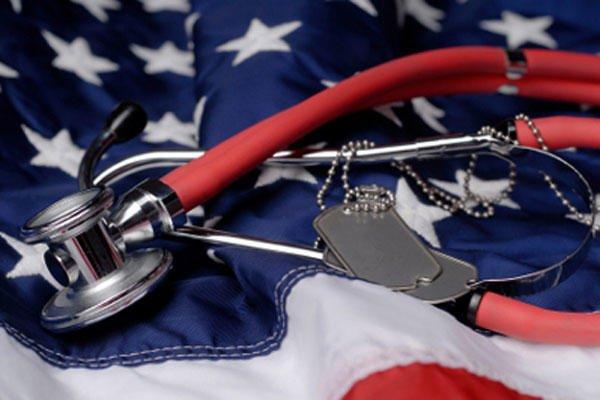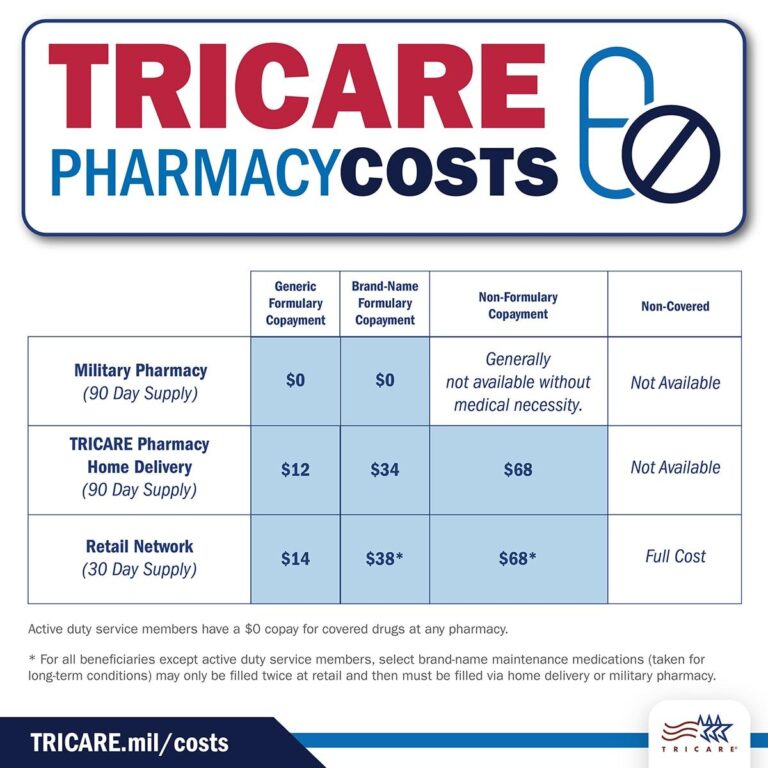
TRICARE Q&A: Getting Care With Active Duty Dental Program
Dental health is an essential component of overall well-being for active duty military members. The Active Duty Dental Program (ADDP) provides comprehensive dental coverage tailored specifically to meet the unique needs of service members. Whether you’re newly enlisted or have questions regarding your dental benefits, this detailed TRICARE Q&A guide will help you navigate the Active Duty Dental Program with confidence and ease.
What Is the Active Duty Dental Program (ADDP)?
The Active Duty Dental Program is a specialized dental care plan provided to active duty service members through the Department of Defense. Unlike dental benefits available to Family Members or retirees under TRICARE Dental Program (TDP), ADDP ensures active duty personnel receive timely, preventive, and emergency dental care without out-of-pocket costs in most cases.
Key Features of ADDP:
- Cost: No premiums or deductibles for active duty members.
- Accessibility: Access to military dental clinics worldwide or authorized civilian providers when necessary.
- Coverage: Preventive, restorative, emergency, and specialty dental services.
- Eligibility: Exclusively for active duty service members across all branches.
Common Questions About Getting Care With the Active Duty Dental Program
1. Who is eligible for the Active Duty Dental Program?
All active duty service members in the Army, Navy, Air Force, Marines, and Coast Guard are automatically eligible for the ADDP. Coverage begins upon active duty status and continues without interruption during service.
2. How do I receive dental care through ADDP?
Dental care under ADDP is primarily delivered through military treatment facilities (MTFs). You can:
- Schedule appointments directly at your local military dental clinic.
- Access care at civilian network providers if no military option is available or for specific specialty cases.
3. Are there any costs associated with dental care under ADDP?
Generally, active duty members pay no fees for dental treatment covered under the ADDP when seen at military treatment facilities. Civilian care may require prior authorization, but most covered services remain at no cost.
4. What types of dental services are covered?
The ADDP covers a broad spectrum of dental services, including:
- Preventive care (cleanings, exams, X-rays)
- Restorative treatments (fillings, crowns, root canals)
- Orthodontics in certain cases
- Emergency dental procedures
- Oral surgery and specialty care referrals
Benefits of the Active Duty Dental Program
Active duty service members receive several advantages through ADDP that enhance dental readiness and overall health:
- Comprehensive Coverage: Addresses a wide range of dental needs, reducing worry about unexpected dental expenses.
- Priority Service: Military members receive priority access in MTFs to maintain dental readiness required for deployment and active service.
- No Premiums or Deductibles: Unlike civilian dental insurance, there are typically no monthly premiums or deductibles for active duty members.
- Continuity of Care: Military dental records and history are securely maintained to provide consistent treatment across transfers and deployments.
Practical Tips for Using the ADDP Effectively
- Schedule Routine Exams: Make preventive visits a priority to catch issues early and maintain dental readiness.
- Know Your Facility: Locate your nearest military dental clinic through the TRICARE website or your branch’s health services directory.
- Bring Proper Identification: Always carry your military ID and TRICARE information to appointments.
- Request Referrals When Needed: For specialty services, your primary dental provider can facilitate referrals, ensuring coverage and continuity of care.
- Stay Informed About Coverage: Check the latest TRICARE updates and ADDP guidelines, as policies may evolve.
TRICARE ADDP vs TRICARE Dental Program (TDP): Understanding the Differences
| Aspect | Active Duty Dental Program (ADDP) | TRICARE Dental Program (TDP) |
|---|---|---|
| Eligibility | Active duty service members only | Family members, National Guard, Reserve, retirees |
| Cost | No premiums or deductibles | Monthly premiums and copayments apply |
| Provider Network | Military dental clinics; limited civilian referrals | Wide civilian network providers nationwide |
| Priority | High priority for readiness and deployment | Standard civilian dental care coverage |
Case Study: How ADDP Helped Sgt. Smith Stay Mission-Ready
Sgt. Smith, a U.S. Army infantryman, experienced severe tooth pain just weeks before an overseas deployment. Thanks to the Active Duty Dental Program, he quickly accessed care at his base’s dental clinic. The treatment included an emergency root canal and follow-up care — all covered under ADDP without any cost or delay. Sgt. Smith’s dental readiness status was restored promptly, allowing him to deploy with confidence.
Frequently Asked Questions (FAQs)
Q: Can I use civilian dentists for ADDP care?
A: Civilian dental care under ADDP is limited and usually requires referrals and prior authorization, mainly when military dental facilities cannot provide required treatment.
Q: What happens if I separate from active duty?
A: Upon separation, your eligibility for ADDP ends. You may then enroll in the TRICARE Dental Program or other civilian dental insurance plans.
Q: How do I verify my dental coverage under ADDP?
A: Your dental coverage status can be confirmed via your local Dental Treatment Facility or through TRICARE’s online resources and customer service.
Q: Are orthodontics covered under ADDP?
A: Orthodontic services are generally limited and typically require a documented medical necessity to be covered.
Conclusion
Accessing dental care through the Active Duty Dental Program is an essential part of maintaining overall health and mission readiness for active duty military members. With comprehensive coverage, no out-of-pocket premiums, and priority service, ADDP ensures active duty personnel receive the care they need when they need it. Familiarizing yourself with program details, benefits, and practical tips will empower you to take full advantage of your dental benefits under TRICARE.
For the most current information and to connect with providers, visit the official Health.mil website or contact your branch’s dental treatment facility directly.


